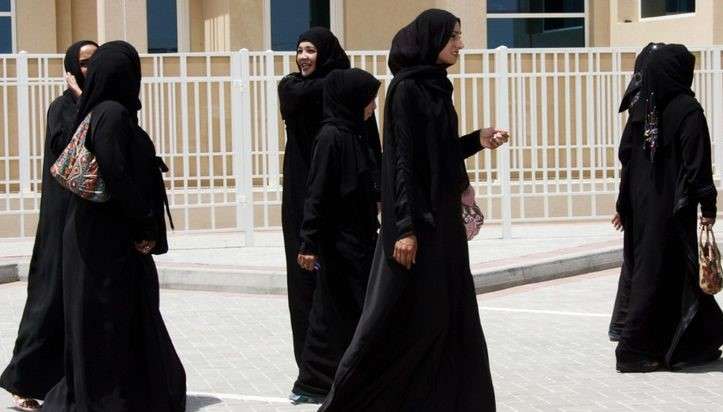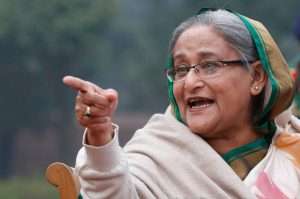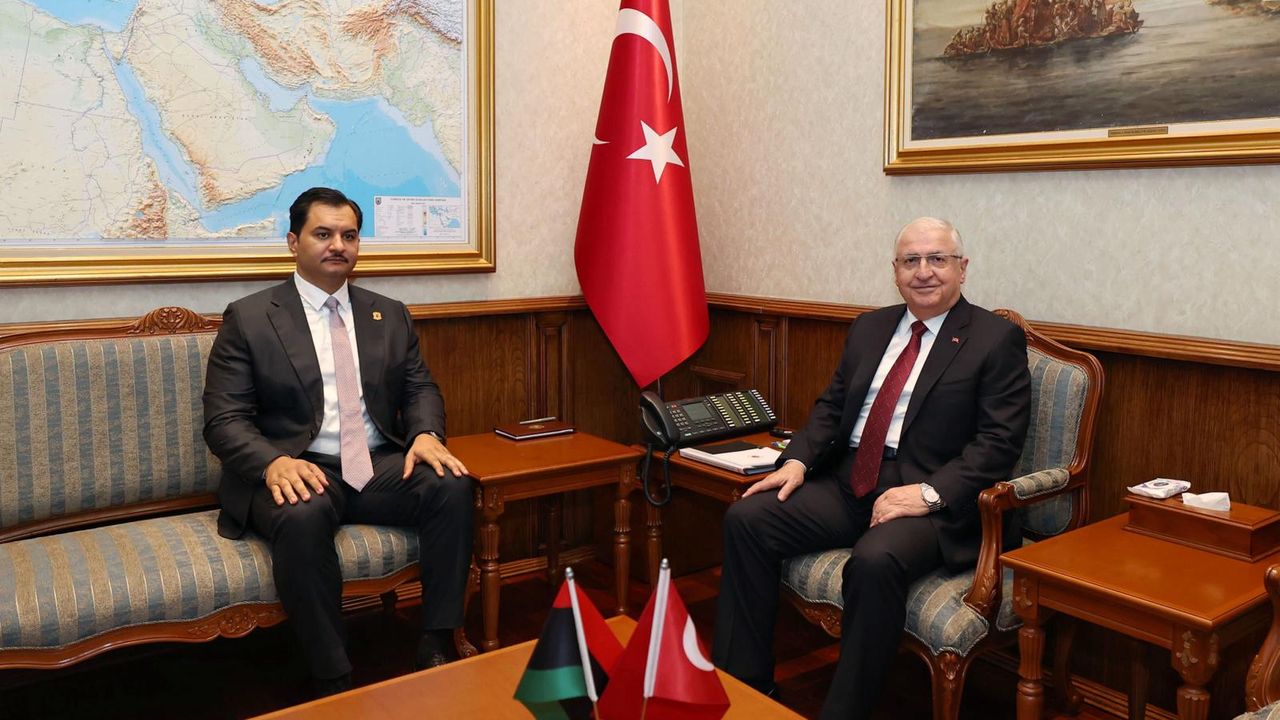France bans Islamic dress in schools

France’s Education Minister has announced that the wearing of the abaya will be forbidden in state schools.
The abaya is a simple, loose over-garment that is worn by some women in parts of the Muslim World as well as France, amongst other European countries with a growing Muslim population. The banning of the abaya will be in place as soon as the school term in France starts, on September 4 for the vast majority of state schools.
Recently appointed Education Minister by President Emmanuel Macron, Gabriel Attal announced on TF1 (France’s main television channel), that he can no longer allow the wearing of the garment in the country’s schools, adding that “When you walk into a classroom, you shouldn’t be able to identify the pupils”, according to the BBC, August 27.
Attal, 34, has been France’s Education Minister since late July of this year, becoming the youngest person to hold the office of National Education and Youth under the Fifth Republic.
France has strict laws on the wearing of religious garments in government buildings and state-run schools and has bans on the Muslim headscarf, since 2004, and the Jewish kippa. The French have argued that wearing those religious pieces of clothing violates secular laws despite appeals to keep them.
Abayas have not faced an outright ban in the country until now.
Whilst many on the political right have cheered the banning of religious garments, the laws have been scrutinised by some on the left.
Left-wing firebrand, Jean Luc Melenchon criticised the government’s recent move, stating on Twitter (now known as X), “it is sad to see the start of the school year politically polarised by a new absurd war of religion that is entirely artificial about a feminine dress. When will there be civil peace and true secularism that unites instead of exasperating?”
Melenchon, a political veteran and leader of the socialist party, La France Insoumise, still continues to garner healthy support, narrowly missing out on a runoff with the incumbent, Emmanuel Macron in last year’s Presidential elections as the socialist obtained 22% of the vote.
Religious garments have long been high on the political agenda in the country and France’s decision to ban full face veils back in 2010 sparked anger within the Muslim community.
France has the largest Muslim population in the European Union (around 10% of the total country’s population), and many have concerns about the nation’s rise in anti-Muslim sentiment and its lurch to the hard right.
BBC
Want to chase the pulse of North Africa?
Subscribe to receive our FREE weekly PDF magazine













